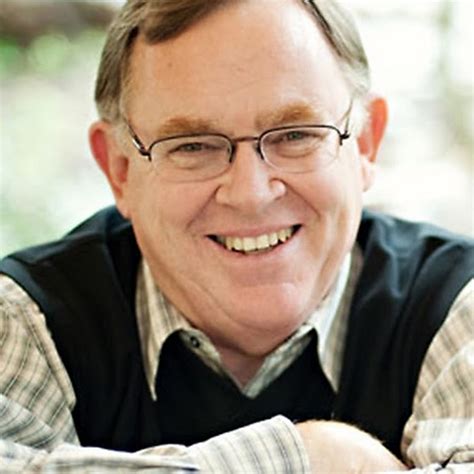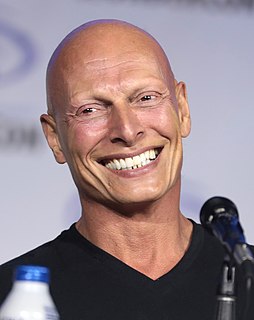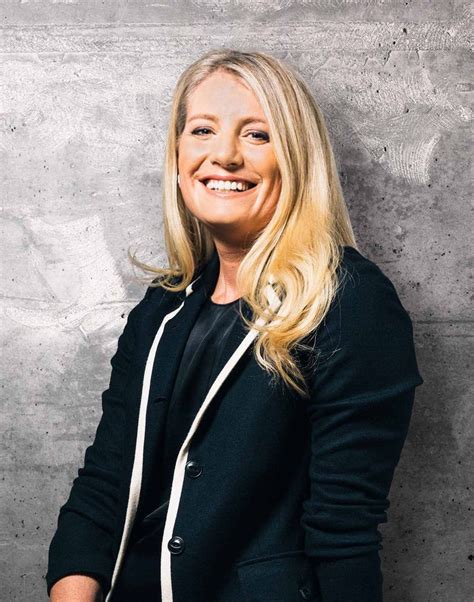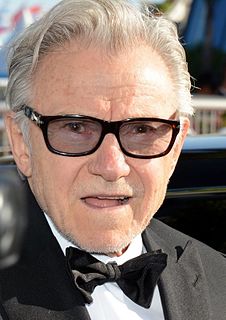A Quote by Nicolas Cage
I generally enjoy the rehearsal process because that's where you can share your ideas, get your thoughts and feelings out and see whether or not they're going to land, whether or not people are going to agree with them, particularly the director. So you can sort out in that process any elements that need to be sorted out before you're on the set, and of course that saves time and it also makes everyone more comfortable working together.
Quote Topics
Agree
Also
Any
Because
Before
Comfortable
Course
Director
Elements
Enjoy
Everyone
Feelings
Generally
Get
Going
Ideas
Land
Makes
More
Need
Our Thoughts
Out
Particularly
People
Process
Rehearsal
Saves
See
Set
Share
Sort
Sorted
Them
Thoughts
Thoughts And Feelings
Time
Together
Whether
Working
Working Together
Your
Related Quotes
Entrepreneurs need to start building today. The barrier to entry in tech is low, so start designing, start coding it, launch it, build prototypes, build a working version of it. The Internet has amazing powers of distribution. You can test your ideas. You can see if it works, if it doesn't work, whether it's fun, and whether you're sufficiently motivated. People who go into entrepreneurship to get rich aren't going to be happy. It’s the building of things that makes you happy. You have to enjoy the process whether you succeed or fail.
God often has to untangle some things in you to help you see Him. Even if this process takes months, it's not because he is waiting to see how sincere you are; it's because he is working deep inside you to sort out those things that crowd him out of your heart and set your focus on your own efforts or your own failures.
Separate out the creative act from the act of editing and execution. Make it a two-step process. First, let ideas flow and encourage EVERY idea to make it to the whiteboard. Don't criticize, judge, edit, budget, or worry. An idea on the wall can't hurt anyone, so let them rip without restriction. After any and all ideas have the opportunity to "come out to play", only then should you apply your analytical and logical side to the effort. Don't mix the creative process with the editing process or you'll kill your ideas before they even get a fighting chance.
My favorite part about working in theater is the rehearsal process. I absolutely love the rehearsal process. Working out the characters, figuring the character out, and the relationships between the different characters. I love all of that, which, unfortunately in film, you get very little opportunity to have.
If you recognize how you are most effective - whether it's how you present yourself or whether it's how you speak, how you convey enthusiasm - when you realize what makes you feel like your most confident self, that's when you are going to be your best. You just have to figure out what makes you effective in your environment. As long as you get that right, they are always going to remember you a lot more!
When you get the ideas, that's a thrill; when you're writing the book and it's corning out well, that's a thrill; when you finish it and other people read it, that's a thrill. There are going to be reviews, of course; not everyone's going to love it. You feel sort of naked and vulnerable in a way. That's just a minor part of the process, really. If you can't take that part, you shouldn't be in the business. But there are so many joys to writing.
Your problem is how you are going to spend this one odd and precious life you have been issued. Whether you're going to spend it trying to look good and creating the illusion that you have power over people and circumstances, or whether you are going to taste it, enjoy it and find out the truth about who you are.
Holding anxiety as your own enemy, and that it has to go down, diminish it, go away and not happen here is a kind of self-invalidating, interiorly focused process that would get you even more entangled with these processes. Instead, what we're going to need to learn to do is to allow your history to bring into the present thoughts and feelings and memories, and to sort of hold them mindfully and self-compassionately, and then focus on what you do and bring them along for that journey.
Set goals for yourself and put actionable steps in place to ensure that you achieve them. Whether you aim to get a promotion at work or set up your very own business, these ideas will only remain dreams until you write plan out how you are going to reach them by writing down realistic steps towards hitting your targets.
Whether it's your personal life or career, people feel they have carte blanche to everything that goes on in your life. I don't agree with that, but I do feel I have to share my thoughts on those things with people instead of totally avoiding it. I want to put it out there the way I want to put it out there.
If I think back to every rehearsal process for every play I've ever worked on, there's just so much crying at home. I barely sleep. There are moments of deep despair and anxiety, and then there are moments in rehearsal that are the most exhilarating; feeling seen and seeing everybody. Feeling like you have a purpose on the planet. A huge part of the process I enjoy is watching the actors figuring out what they can handle and what they can take and what they need from the director and me.
Having serious consequences to your decision-making process is something you have to be very comfortable with. It's something you learn and you practise over time, so I encourage people to find some way to challenge themselves. The other thing I share with people, which I've learned over time, is self-confidence. You have to get very comfortable with saying, "Well, every day, I'm just going to give my best. I have skill sets I've learned, I'm going to employ them, and my best is going to be good enough".
As an actor, you are sort of only in charge of yourself. All you can really control is your performance. You don't know what they're going to do with it in the editing room, what they're going to cut out, which take they're going to use. You know, your control is very limited. As a director, it's ultimately your piece. You have a lot more responsibility, but you also have a lot more creative control. It's scary, but also liberating in a way.




































